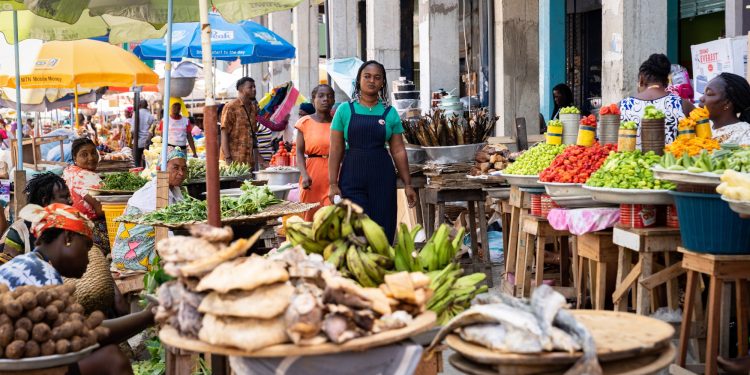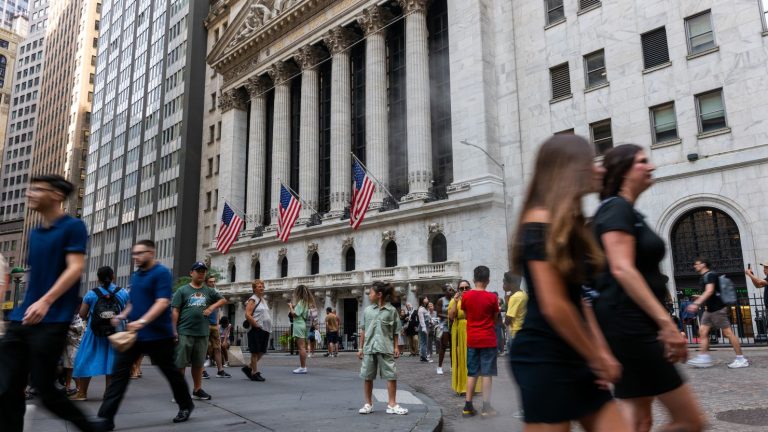
Ghana's GDP surges to GH₵841 billion by 2023: Services industry leadership
Ghana’s GDP expanded significantly in 2023, reaching GH₵841.6 billion, a noticeable rise of GH₵227 billion over GH₵614.3 billion in the year before.
The services sector, which accounted for GH₵357.34 billion, or 45.6% of the GDP, was the main driver of the increase, according to data from the Ghana Statistical Service (GSS). Agriculture accounted for GH₵177.606 billion (22.7% of GDP) and industry GH₵247.941 billion (31.7%).
The government anticipates that the economy will surpass GH₵1 trillion by 2024.
According to government predictions, Ghana’s economy will continue to develop, with the goal of surpassing the GH₵1 trillion milestone in 2024.
The economy grew at a cumulative rate of 2.9% in 2023, down slightly from 2022. The fourth quarter of the year saw particularly strong growth at 3.8%.
With an annual growth rate of 5.5%, the service sector outpaced industry contraction. Agriculture didn’t change.
Sub-sector Trends: Four Principal Subsectors Account for More Than 50% of the GDP
Four subsectors—household goods, mining and quarrying, manufacturing, trade, and car repair—accounted for over 50% of Ghana’s GDP, suggesting a noteworthy tendency for consistent increase over time.
In local currency terms, gross national income per capita has doubled to GH₵25,349 since 2018, although throughout the previous six years, it has been reasonably steady, fluctuating from a high of US$2,453 to a low of US$2,126.

Other stories
-
The Southeast region receives financing for electric buses.
-
Africa’s top 5 highest-paying occupations for 2024
-
After one month of public input, Hong Kong on Friday revealed a new draft security bill that calls for life in jail for crimes like treason and insurrection.
-
How to submit a claim to your pet insurance and get your veterinary expenditures paid back
-
Bill Ackman, a billionaire hedge fund manager, doubts Bitcoin






